Holocaust
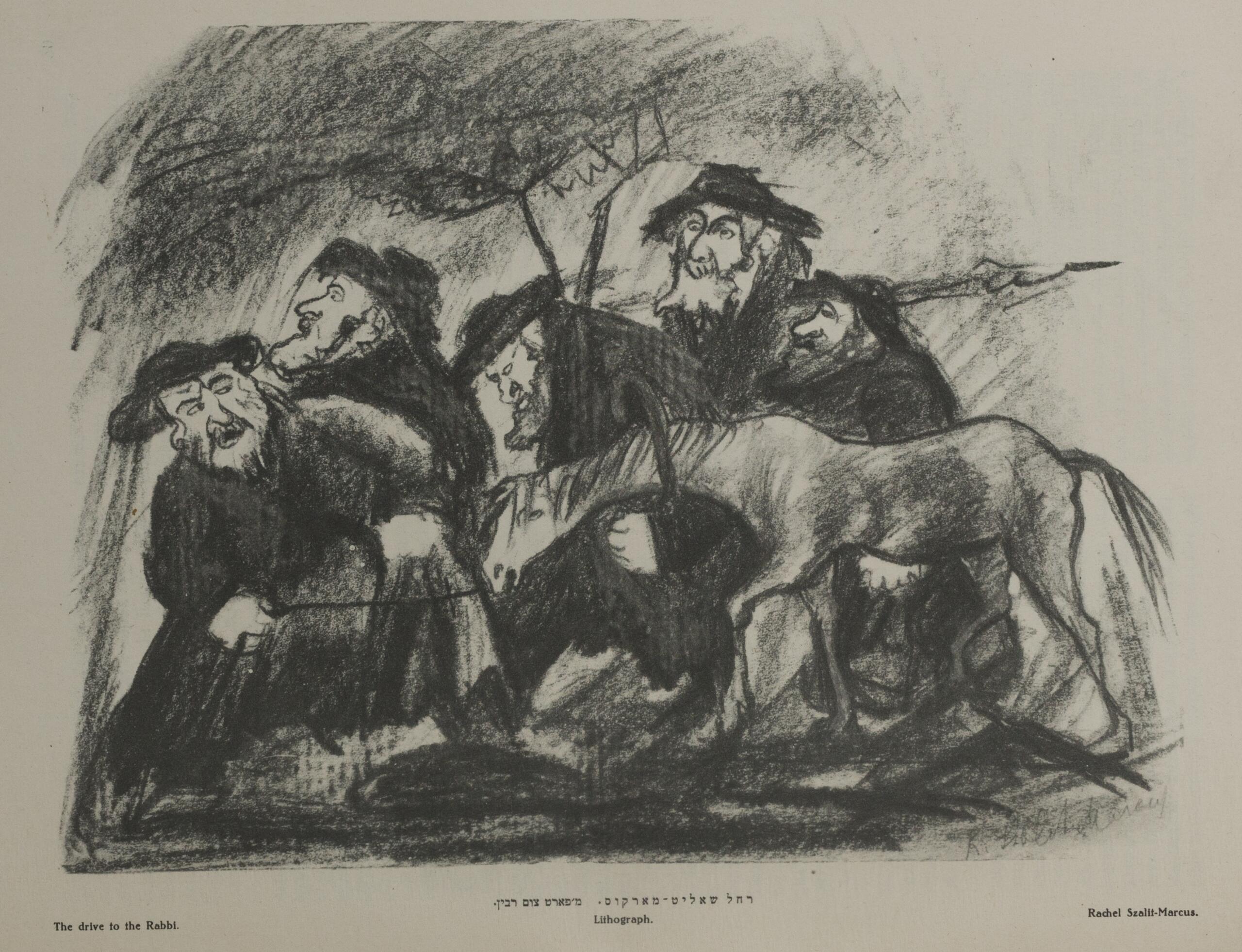
Traces of a Jewish Artist:
The Lost Life and Work of Rahel Szalit (1888–1942)
A Book Talk by Kerry Wallach, Gettysburg College
ONLINE
VA, United States
In this presentation, Gettysburg College professor and author Kerry Wallach explores the life and work of Rahel Szalit (1888–1942; also: Szalit-Marcus). Szalit was a sought-after illustrator and painter who was active in 1920s Berlin and 1930s Paris. Image above: Rahel Szalit-Marcus, The Drive to the Rabbi, in Milgroym, 1922. Lithograph. Rahel Szalit was among the best-known Jewish women artists in Weimar Berlin. She painted and drew landscapes, Berlin city scenes, animals, and portraits of women, children, and public figures. She produced numerous lithographs and worked in pen and ink, pencil, pastel, chalk, oil paint, and watercolors. Women figured prominently in many scenes, from small-town Jewish life to snapshots of the metropolis. [...]
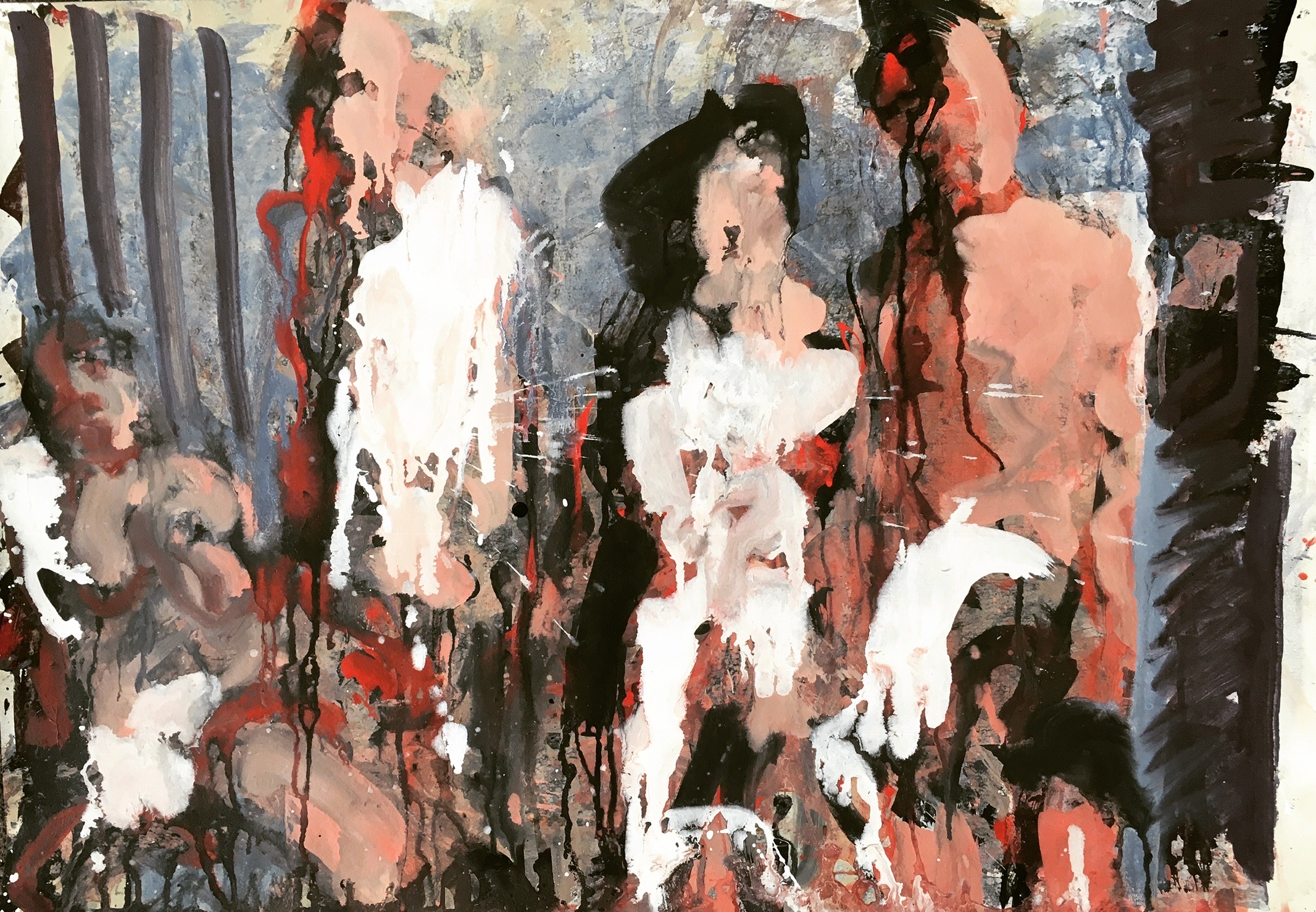
BOOK LAUNCH: Welcoming the Stranger.
Abrahamic Hospitality and Its Contemporary Implications
Fordham University, New York
Fordham University School of Law
150 West 62nd Street, New York, NY, United States
Join us for an evening of stimulating conversation, and refreshments, as we celebrate the publication of Welcoming the Stranger. Abrahamic Traditions and Its Contemporary Implications. Advance copies of the book are available for purchase. This book is a collection of thought-provoking essays exploring the theme of hospitality as a means of building bridges between different cultures and communities. This book is a must-read for anyone interested in interfaith dialogue, social justice, and creating a more inclusive society. Its contents could hardly be more relevant today. Beginning with the story of Abraham’s hospitality to the three strangers described in Genesis18, the narrative explores both the theological evolution in and beyond the Abrahamic traditions of the principle of “welcoming the stranger,” [...]
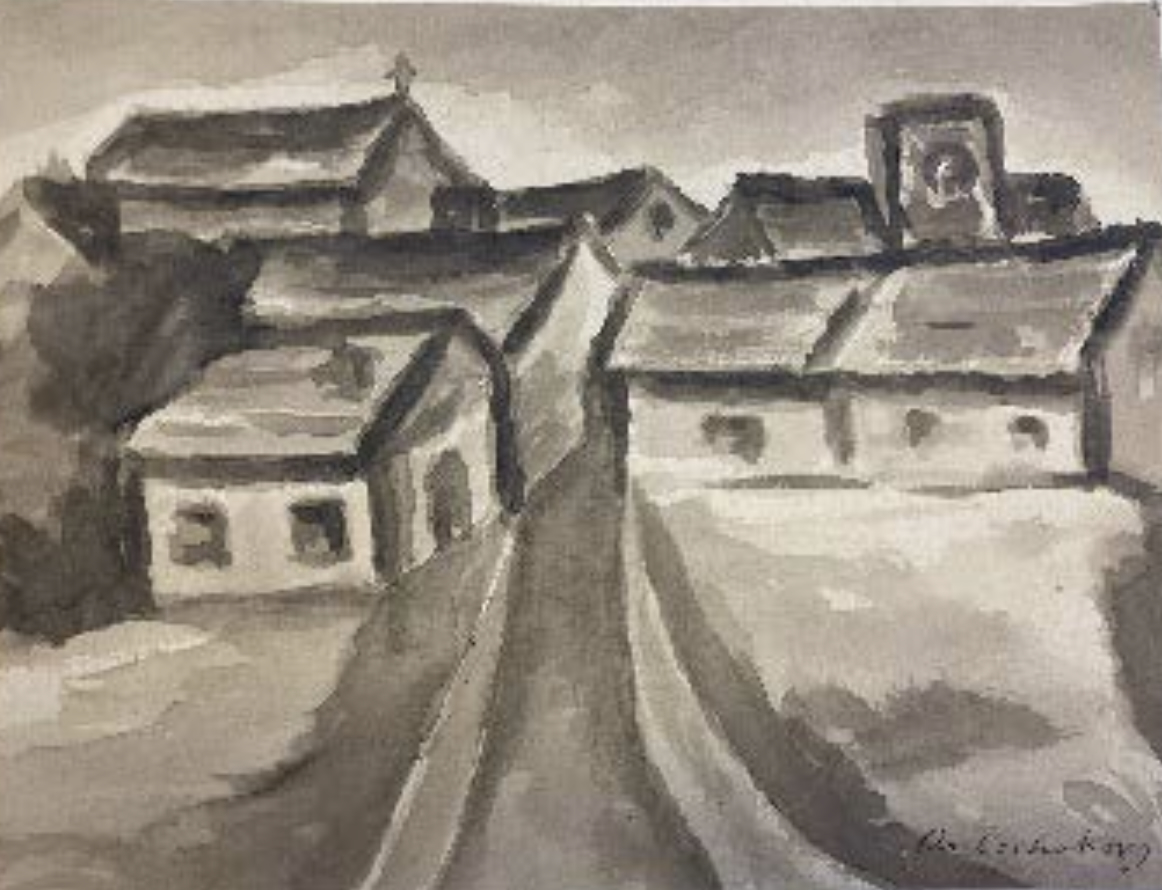
The Miraculous San Francisco Discovery of
Ary Arkady Lochakov’s Lost Art
A Talk by Journalist Julie Zigoris, San Francisco
ONLINE
VA, United States
One sunny May day in 2022—halfway around the world from Paris where the Jewish artist Ary Arkady Lochakov (1892-1941) died of malnutrition in 1941—a miraculous discovery was made. Maintenance staff came upon 48 abandoned artworks in a waterside park, all of them carefully arranged as if they were meant to be discovered. 38 of the 48 artworks all had the same signature: Ary Arkady Lochakov. Port employees researched Lochakov to discover he was a member of the famed École de Paris and was featured in Hersh Fenster's essential book Our Martyred Artists. San Francisco Standard journalist Julie Zigoris was the first (and only) to report the story to the public, following the trail of breadcrumbs to make some incredible [...]
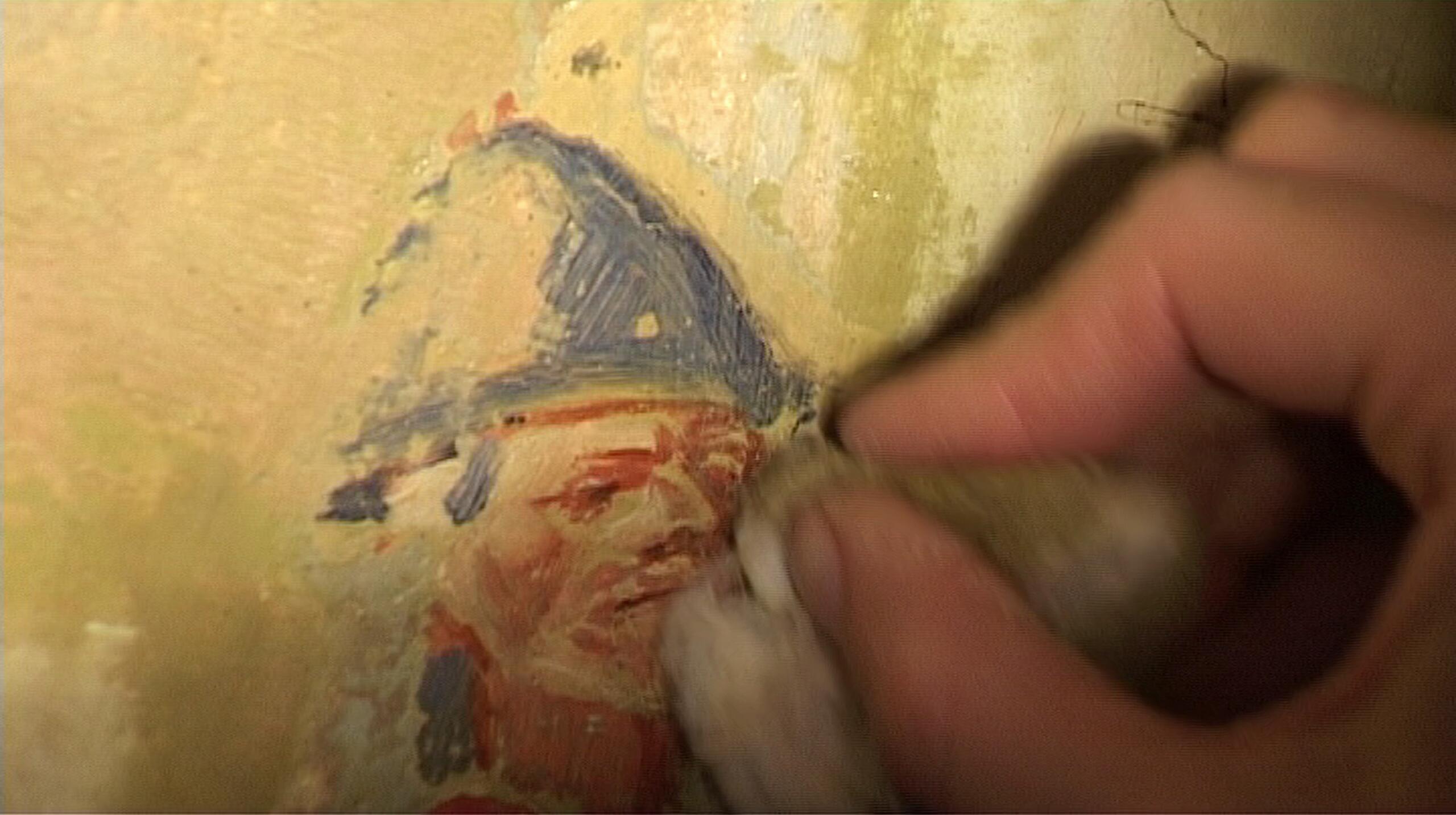
Bruno Schulz (1892-1942):
An Artist, a Murder, and the Hijacking of History
Benjamin Balint and Ori Z Soltes in Conversation
ONLINE
VA, United States
Benjamin Balint, author of the National Jewish Book Award winning book, and Georgetown University professor Ori Z Soltes in conversation. Bruno Schulz is renowned as a master of twentieth-century imaginative fiction. Isaac Bashevis Singer called him “one of the most remarkable writers who ever lived.” But Schulz was also an exceptionally talented graphic artist whose masochistic drawings would catch the eye of a sadistic Nazi officer. Schulz’s art became the currency in which he bought life. Image above: Bruno Schulz, Mural, 1941-1942. Drohobycz. Discovery Benjamin Geissler, 2001. Drawing on extensive new reporting and archival research, Benjamin Balint chases the inventive murals Schulz painted on the walls of an SS villa—the last traces of his vanished [...]
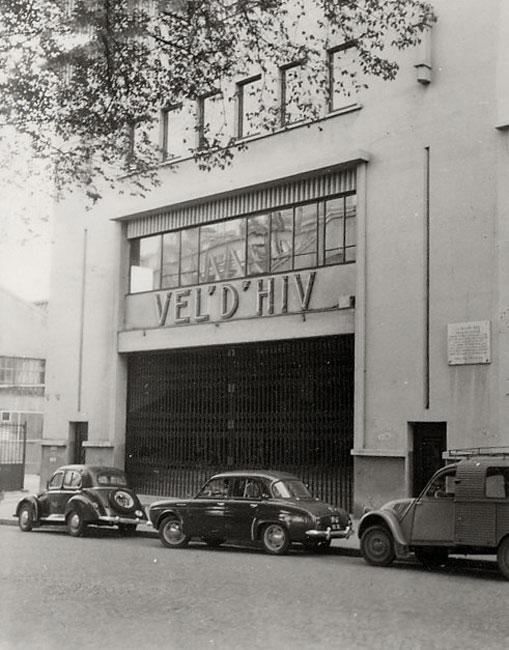
The Vel d’Hiv Round-Up:
The Largest Mass Arrest in Wartime French History
A Presentation by Eileen Angelini, PhD
ONLINE
VA, United States
On July 16-17, 1942 in Occupied Paris, more than 13,000 French Jews were arrested by French Police. The victims were held in deplorable conditions at the Vélodrome d'Hiver or Vel d'Hiv, an indoor cycling stadium until they were sent to detainment camps outside of Paris where they either died or were deported to concentration camps. Dr. Eileen Angelini’s presentation will discuss how the Vichy Government planned this round-up and how the French government and people have since dealt with the pain and shame of this traumatic event. Image above: Entrance to the Vel’ d’Hiv (the Winter Stadium, or Velodrome d'Hiver), where Jews were detained en-masse in preparation for their deportation to concentration camps in France. [...]
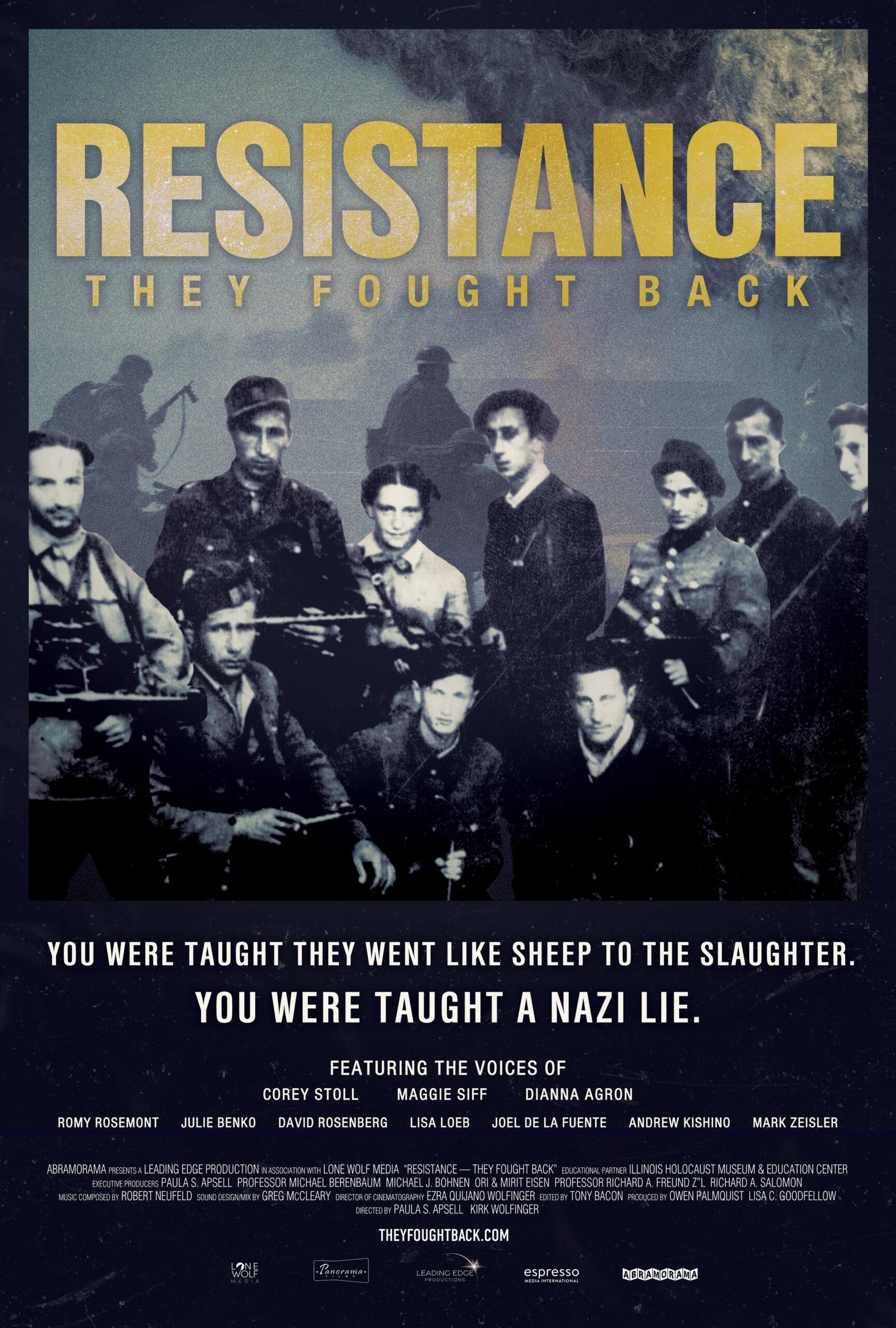
RESISTANCE –
THEY FOUGHT BACK
New York Theatrical Release
DCTV Firehouse Cinema for Documentary Film
87 Lafayette Street, New York, NY, United States
Told by survivors, their children, and expert witnesses from the U.S. Israel, and Europe, Resistance: They Fought Back, is a revelation based on extensive research of how the Jews of Europe fought back. It uncovers evidence of non-violent methods which served as crucial tools of resistance and evolved into Jewish armed revolts in ghettos, forests and death camps, even as the odds of success were vanishingly small. On Monday, April 15, the 7:00pm film screening will be followed by Q&A with director Paula S. Apsell and Avinoa J. Patt, Ph.D., Professor of Holocaust Studies, New York University. Watch the TRAILER here: We’ve all heard of the Warsaw Ghetto Uprising, but most people have no idea [...]
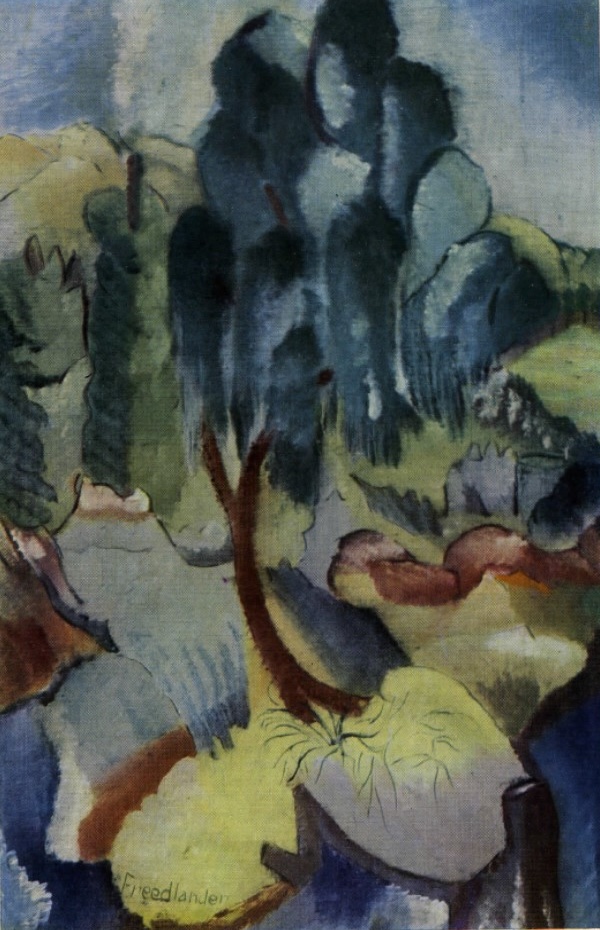
“Let’s Talk of Interesting People”:
The Story of Erna Friedländer (1890-1979)
With Noit Banai, PhD, Hong Kong, and Ketul Arnold, Boulder (Colorado)
ONLINE
VA, United States
This presentation by Noit Banai, PhD, Hong Kong, and Ketul Arnold, Boulder (Colorado), traces Erna Friedländer‘s unique journey as a German refugee who survived Nazi persecution and World War II in Hong Kong, and subsequently migrated to England, Israel, and the USA. Image above: Erna Friedländer, Chinese Landscape. Undated. Monotype. Courtesy The Studio: An Illustrated Magazine of Fine and Applied Art, London As a German refugee who survived World War II in Hong Kong, and subsequently migrated to England, Israel, and the USA, Erna Friedländer’s journey is unique among the many histories of Jewish dispossession. Though few traces remain of Friedländer artistic oeuvre, she was a thoroughly modernist artist. Painter, printmaker, and teacher at the [...]
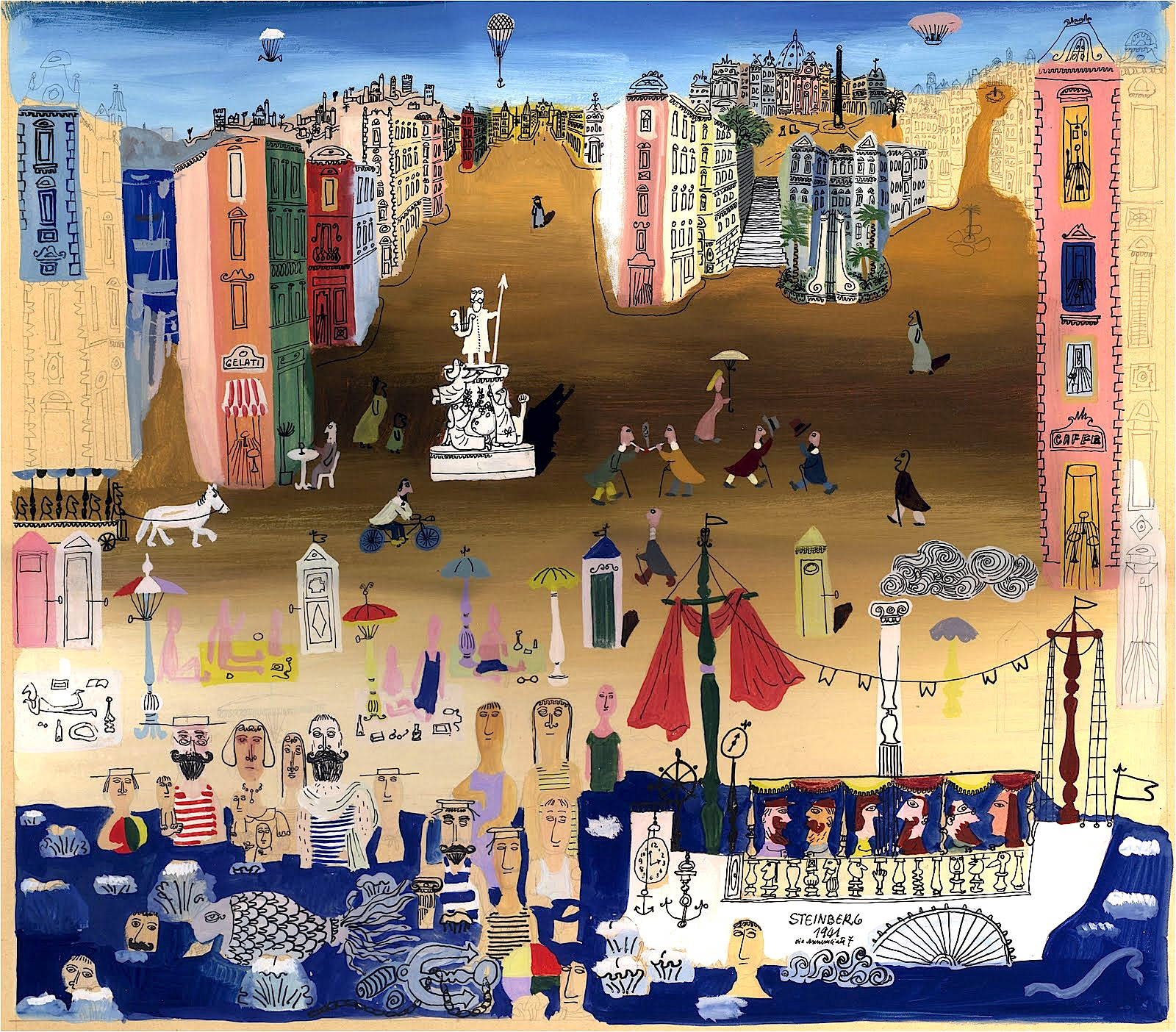
Steinberg before STEINBERG
Lecture by Mario Tedeschini Lalli, Rome (Italy)
ONLINE
VA, United States
In this presentation Mario Tedeschini Lalli, Italian journalist and scholar of 20th century history, tells the story of Saul Steinberg, before he became STEINBERG, the majuscules with which he signed his name to the art most people know, using some of his public art, some of his clandestine art, some of his personal art and - yes – some of his top secret art. Image above: Saul Steinberg, Seaside, 1941. © The Saul Steinberg Foundation/Artists Rights Society (ARS) New York The art of Saul Steinberg (1914-1999) was arguably one of the most recognizable for the US public from the mid-1940s until his death in 1999. Much of Steinberg’s best-known work appeared in magazines such as [...]

From Auschwitz to Hollywood: Jack Garfein, “THE WILD ONE”
Film Screening and Conversation with French producer Chantal Perrin
ONLINE
VA, United States
THE WILD ONE illuminates the journey of unsung artist Jack Garfein (1930-2019) - Holocaust survivor, celebrated Broadway director, Actors Studio West co-founder, and controversial filmmaker. The film examines how his experience in Nazi concentration camps shaped his vision of acting as a survival mechanism and propelled his engagement with themes of violence, power, and racism in postwar America in two explosive films: THE STRANGE ONE (1957) and SOMETHING WILD (1961). THE WILD ONE explores the importance of his legacy as an artist who confronted censorship and reveals how art can draw on personal memory to better enlighten our present. Image above: Photo of Jack Garfein. Courtesy of Petite Maison Production WATCH THE TRAILER: [...]

Art and Internment.
Heinz Henghes the Stowaway Sculptor
Presentation by Ian Henghes, London (UK)
ONLINE
VA, United States
Heinz Henghes (1906-1975) was born in Hamburg in 1906, a ‘Mischling’ of mixed Jewish and German descent. In America for almost 10 years before returning to Europe at a time of great political unrest Heinz spent time in Italy where he enjoyed the patronage of Ezra Pound, despite Pounds noted anti-semitism. In London at the outbreak of war Heinz was interned and sent to Australia on the notorious ship the Dunera. Ian Henghes, the artist's son, presents his father’s extraordinary story and the contact he had with other artists, writers and thinkers of his time. Image above: Heinz Henghes in Milan studio ca 1935 © Ian Henghes Ian Henghes is an online communications specialist working [...]


